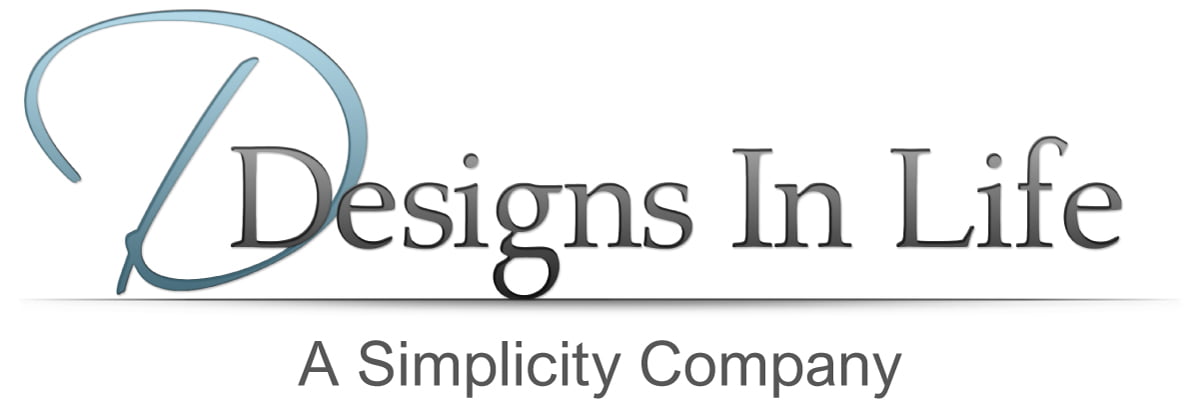EMPLOYER DI OR OWN-YOUR-OWN?
It’s a tough call. If your employer foots the entire premium, why not sign up for it? Increasingly, however, employers are having their employees pay more of a percentage of the costs of “employer-paid” benefits and long-term disability income insurance (LTD) is often not paid by the employer at all.
According to the Life Insurance and Market Research Association (LIMRA), “more than half of all employers, 53 percent, required their workers to pay the full cost of their long-term disability coverage by 2009, according to the most recent data from insurance industry research group LIMRA. That’s up from 41 percent from 2002”.
If your clients have LTD, what are the covered forthese days? They probably have no idea. The only way to know is to request a “specimen policy” or “certificate of insurance with an outline of coverage” from the LTD group’s administrator or from HR. Chances are the coverage is adequate considering the risk, but if the employer is paying for the coverage, 100% of any LTD benefits will be income taxable to the disabled individual.
Another problem is portability. Unlike other health insurance with COBRA rights, LTD ceases upon separation from a company. It cannot be “converted” to a personally-owned policy.
Finally, employers can do some really mean things to a person that is disabled. Technically, these are usally considered “business decisions” by management. According to Mercer, a survey agency, “two in five employers will kick you out of their health insurance plan while you’re out on disability”. I personally know of a close friend who’s company eliminated her position after two years of disability, even though she was able to start back to work part-time.
Owning your own disability income insurance plan has many advantages over LTD and can be worth the extra cost if you buy it while you’re young (before 45). Please call or email me for an evaluation of your situation or the situation of one of your clients.
